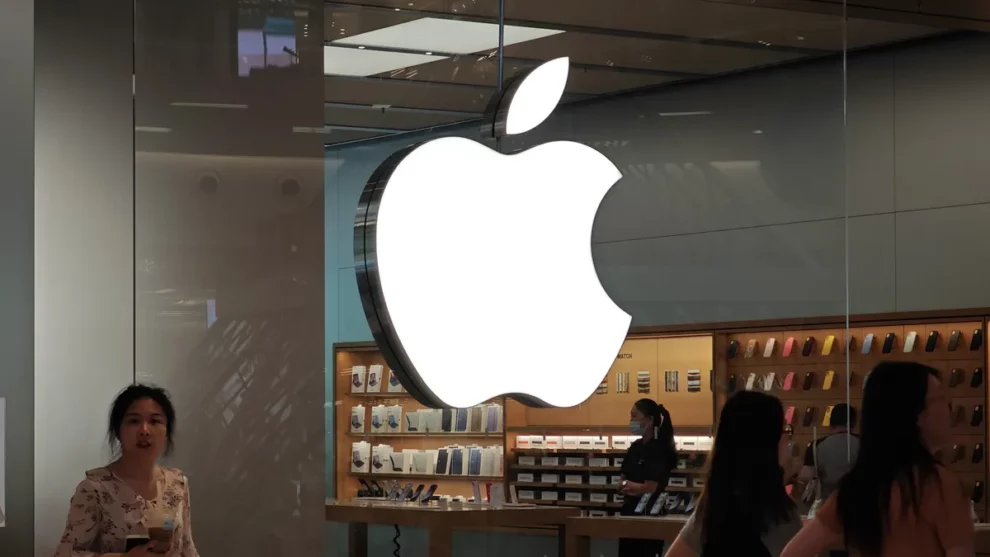Apple Inc., the iconic American technology giant, suffered a significant blow in its most important market outside the United States during the critical December quarter. According to independent research conducted by Counterpoint Research, iPhone sales in China plummeted by a staggering 18.2% year-over-year, marking a major setback for the company in the world’s largest smartphone arena.
The once-dominant iPhone, which had claimed the top spot in China just a year earlier, was dethroned by homegrown rival Huawei Technologies Co. Apple’s market share in China slipped to a mere sixth, relegating the company to third place over the three-month period. This sharp decline in China was a major contributor to the global slump of 5% in iPhone sales during the key shopping season.
The lackluster performance of the latest generation of iPhones in China underscores the challenges Apple faces in a highly competitive and rapidly evolving market. Despite launching with much fanfare and boasting artificial intelligence (AI) upgrades, the new iPhones struggled to maintain momentum after a strong initial debut. A key factor hindering the full potential of these AI features in China is Apple’s ongoing search for a local partner to provide the necessary on-device and cloud AI infrastructure. The company is currently in discussions with various Chinese tech giants, including Baidu Inc. and Tencent Holdings Ltd., as well as up-and-coming startups like Zhipu AI, but no deal has been finalized yet.
Counterpoint analyst Mengmeng Zhang highlighted the significance of Huawei’s resurgence, stating, “This is the first time since the US ban that Huawei regained the leading position.” Huawei’s impressive 15.5% year-over-year sales growth was driven by the successful launch of its mid-range Nova 13 series and the high-end Mate 70 series.
The Mate 70 handsets, released during the December quarter, mark a significant milestone for Huawei as they offer users the option to use software completely free of US technology through the company’s HarmonyOS Next operating system. Powered by domestically developed chips and building upon the groundbreaking Mate 60 series from the previous year, the Mate 70 is spearheading Huawei’s efforts to reclaim its share of the premium smartphone segment in China.
The decline in iPhone sales comes at a time when China’s overall smartphone market experienced its first contraction in the final quarter of 2024, following a period of recovery and growth throughout most of the year. This trend highlights the intensifying competition and the shifting preferences of Chinese consumers, who are increasingly favoring homegrown brands that offer innovative features and competitive pricing.
As Apple navigates this challenging landscape, the company must adapt its strategy to better cater to the unique demands and expectations of the Chinese market. Forging strategic partnerships with local tech giants and accelerating the development of region-specific features will be crucial in regaining lost ground. Additionally, Apple may need to reevaluate its pricing strategy to remain competitive against the rising tide of domestic rivals.
The steep drop in iPhone sales in China serves as a wake-up call for Apple, emphasizing the need for the company to innovate and differentiate itself in a market where local players are rapidly gaining prominence. As the smartphone industry continues to evolve at a breakneck pace, Apple must demonstrate agility and a deep understanding of Chinese consumers’ preferences to maintain its position as a leading global technology brand.
With the stakes higher than ever, all eyes will be on Apple’s next moves as it strives to regain its footing in the world’s most important smartphone battleground. The company’s ability to adapt and innovate in the face of fierce competition will not only shape its future in China but also have far-reaching implications for its global success in the years to come.
















Add Comment